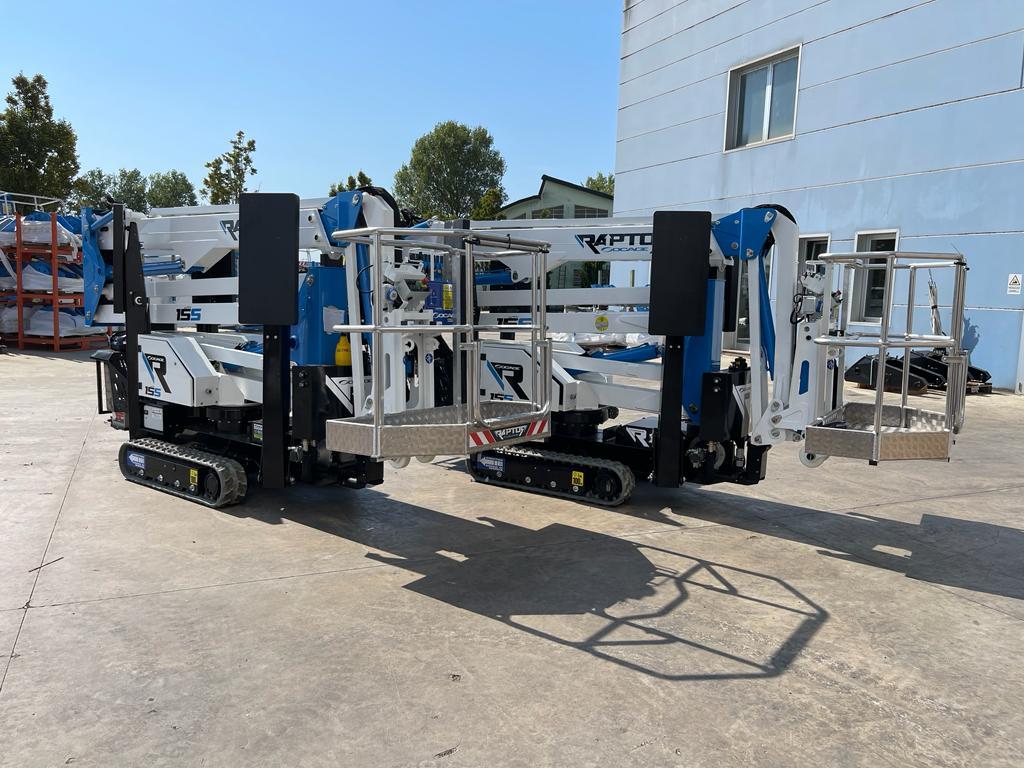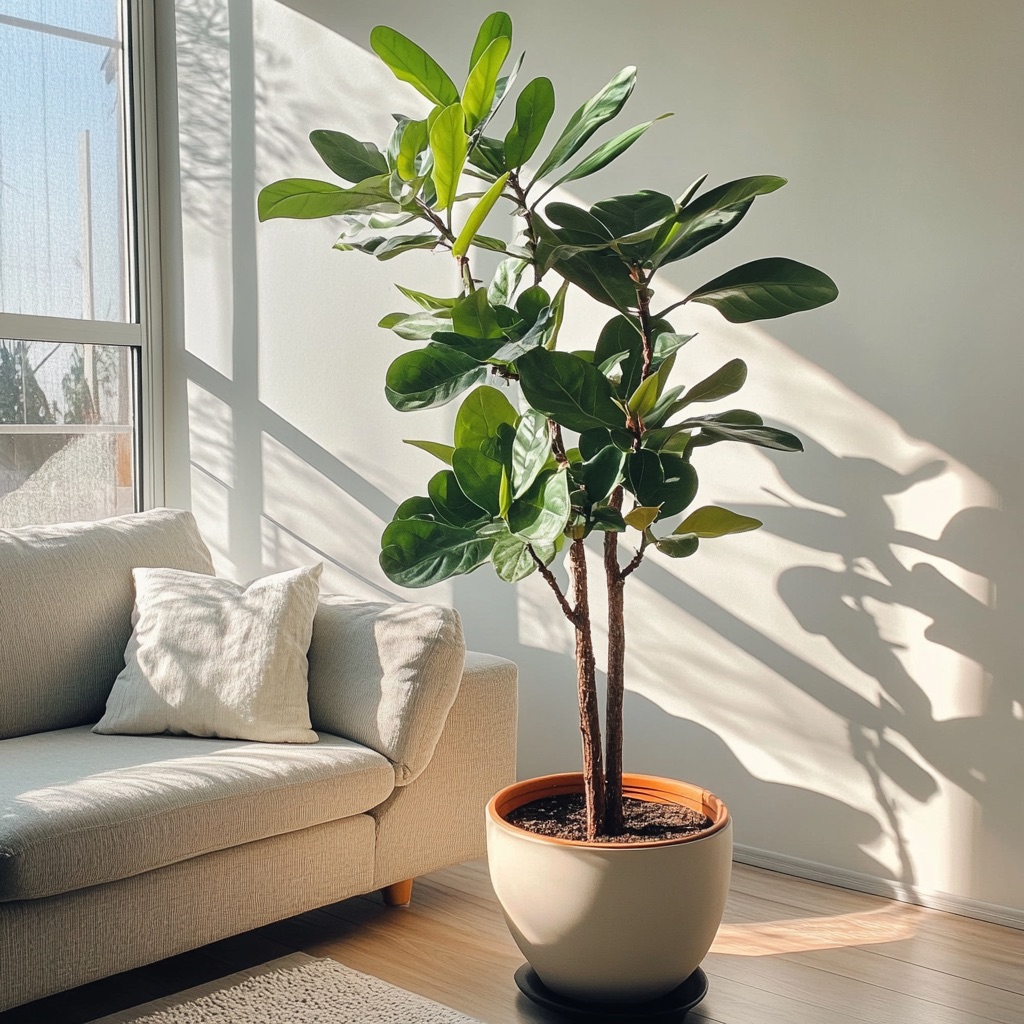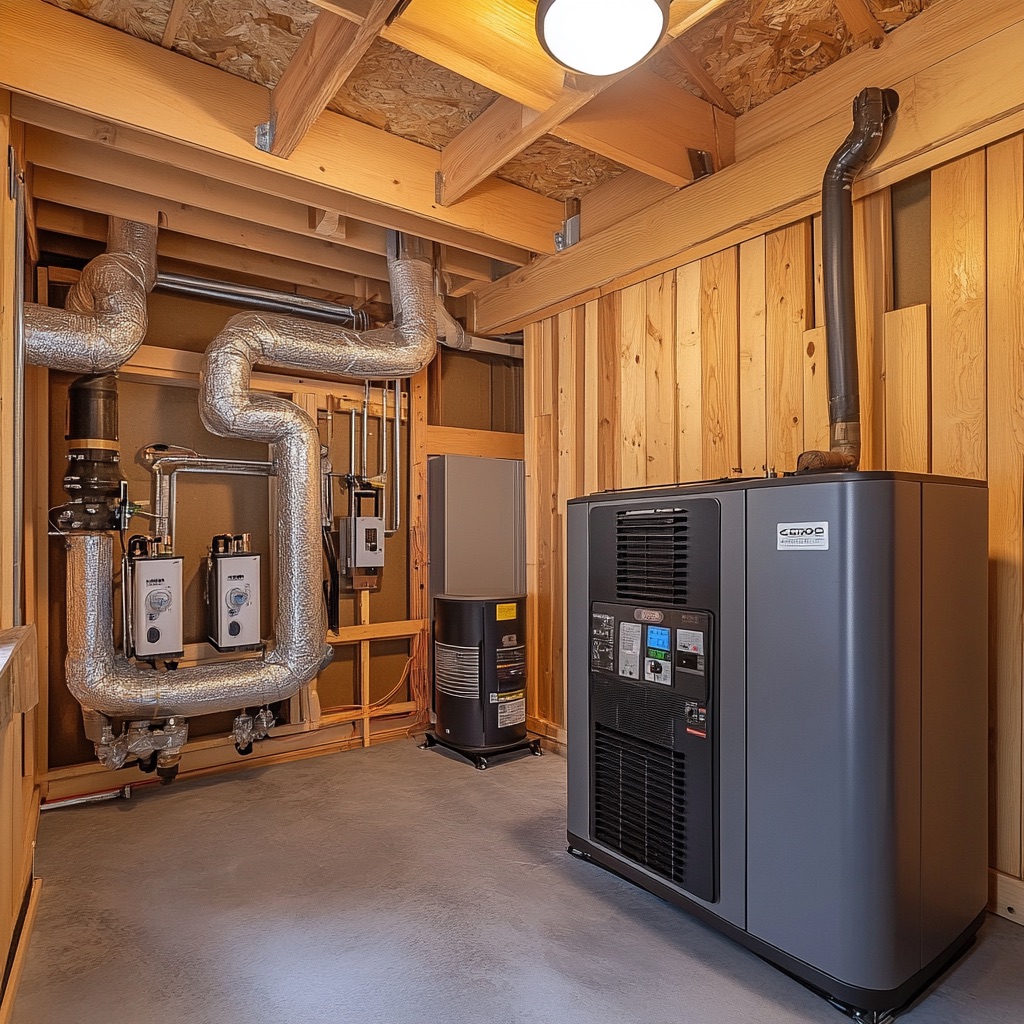Last updated on
Here’s how to manage water waste at home and save more water. Read on!
As a homeowner, it’s important to stay on top of all aspects of your home. It’s even more important to understand how your property is managed and maintained effectively.
Domestic wastewater management is just one such aspect that demands knowledge, understanding, and proper upkeep.
With four simple solutions from eco-friendly remedies to state-of-the-art systems now available for domestic wastewater management, the job may seem daunting or overwhelming at first.
However, these helpful tips will ease you into the process with an optimistic outlook and make quick work of those larger tasks!
Whether you are entirely new to this realm or have been involved in real estate for years, take a few moments today to brush up on the many effective methods used for managing domestic wastewater – so everyone can enjoy clear streams, green environments, balanced biodiversity, and enhanced properties!
What's Inside
Install a Septic Tank System to Treat and Store Wastewater
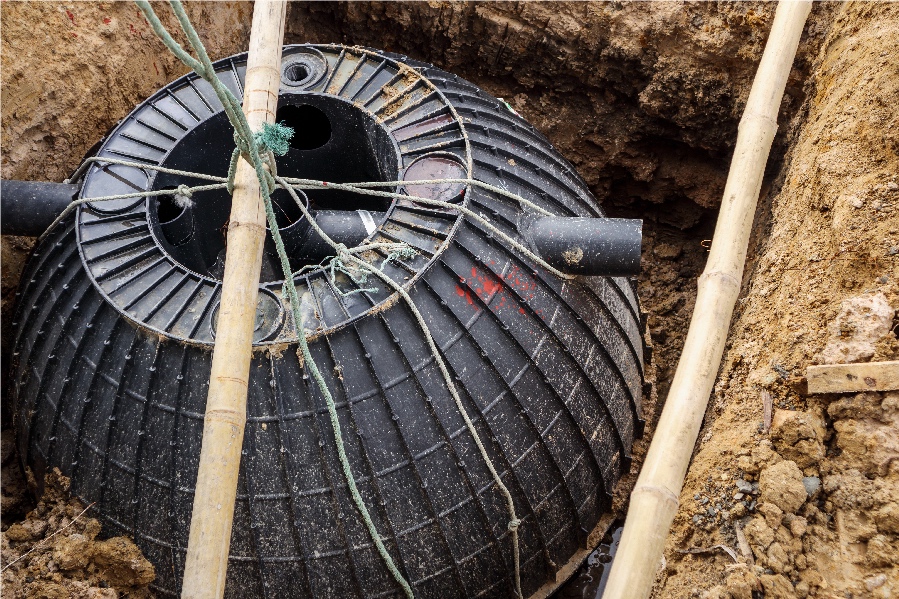
Are you tired of relying on a public sewer system to dispose of your wastewater? If so, it may be time to consider installing a septic tank system. Not only will this system provide a more self-sufficient solution for your wastewater needs, but it will also offer several benefits for your property.
By treating and storing waste water on site, a septic tank system can help increase property value and reduce the risk of environmental contamination. Plus, with proper maintenance, a septic system can last for decades. So why not take control of your wastewater management and invest in a septic tank system today?
Invest in Rainwater Harvesting
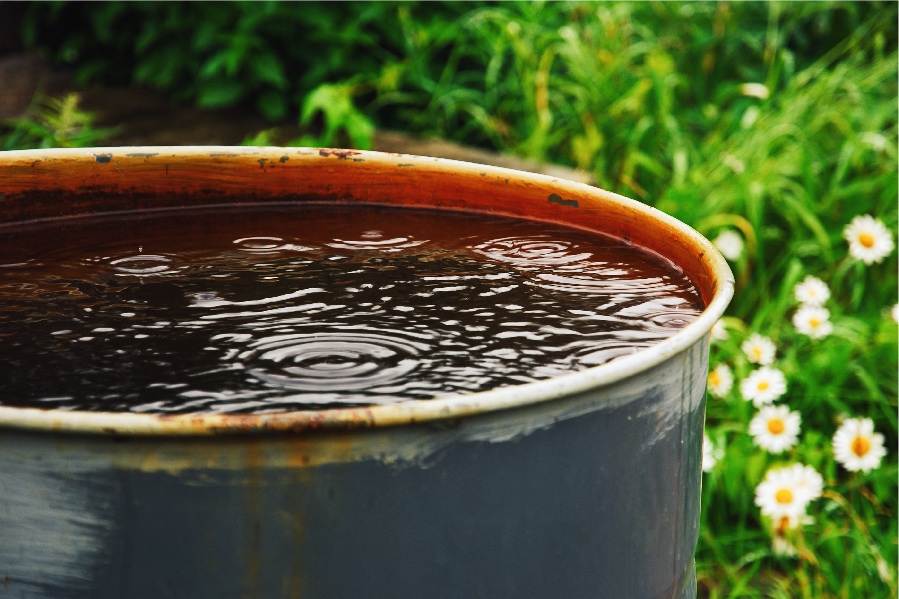
As our population continues to grow and climate change puts pressure on our water resources, more and more people are turning to rainwater harvesting as a solution to reduce their reliance on public water supply.
By collecting and storing rainwater from rooftops, we can take control of our water supply and reduce our environmental impact. Not only is this a sustainable option, but it can also save money on water bills in the long run.
If you’re considering installing a septic system or managing an existing one, it may be beneficial to consult with a septic specialist.
Septic specialists can provide valuable advice on proper maintenance, inspection, and repair of systems – as well as offer helpful tips on how best to manage domestic wastewater.
Whether you decide to get more details about the service from this website, or you opt to get your resources elsewhere, make sure to get in touch with a septic specialist for help today. The peace of mind and knowledge gained from such a professional will be well worth the investment.
Utilize Greywater Systems
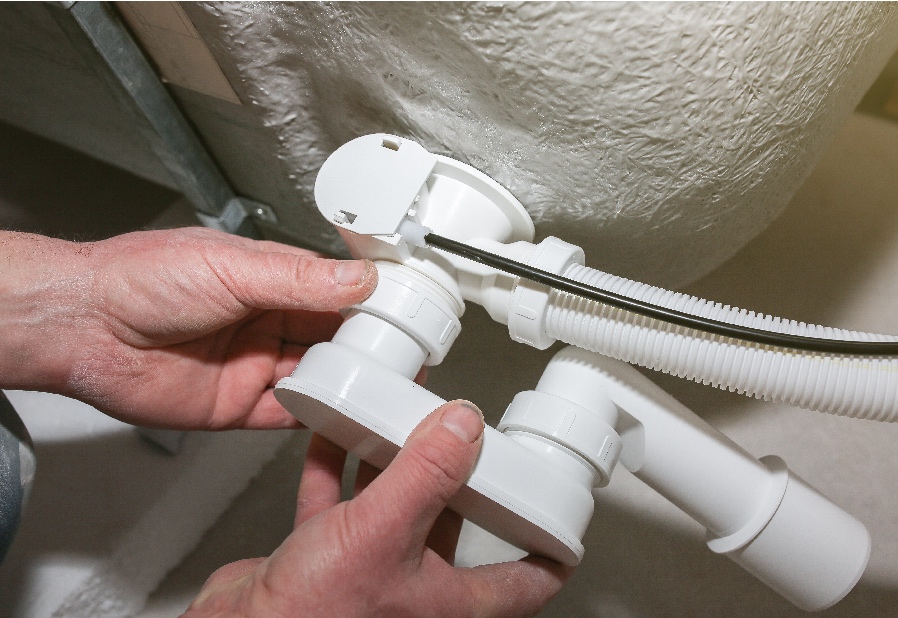
Water conservation has become a pressing issue, prompting many homeowners to seek sustainable solutions for managing their water usage.
In recent years, greywater systems have gained popularity as an efficient way of recycling household wastewater. These systems can be particularly effective when treating wastewater from washing machines and showers, which account for a significant amount of water waste in a household.
By diverting this wastewater to a greywater system, it can be filtered and reused for landscaping or toilet flushing. Not only does this help conserve water, but it also reduces the strain on municipal water treatment facilities.
Utilizing these systems is a small but impactful way that we can all do our part in preserving this precious resource.
Construct an Aerobic Treatment System
Looking for an environmentally friendly way to treat wastewater? Constructing an aerobic treatment system might be just what you need.
This method uses natural processes to break down organic matter and remove contaminants, making it an efficient and low-cost alternative to traditional treatment methods.
By promoting the growth of aerobic bacteria, oxygen is infused into the water, converting harmful substances into harmless byproducts.
Not only is this system effective, but it also has a low impact on the environment since it doesn’t require heavy machinery or chemicals. With an aerobic treatment system, you can maintain your commitment to sustainability while effectively managing your wastewater.
It is clear that managing domestic wastewater can often be a difficult and confusing process for many homeowners. By utilizing one or multiple of the solutions presented in this article – such as investing in a septic tank system, harvesting rainwater, constructing an aerobic treatment system, or utilizing greywater systems – much of that confusion can be alleviated.
Not only that, but owners can rest easy knowing their wastewater will be treated efficiently and won’t cause potential health risks.
Thus it is important to do research into the best solution available in order to implement it accordingly and benefit from it in the long run.

